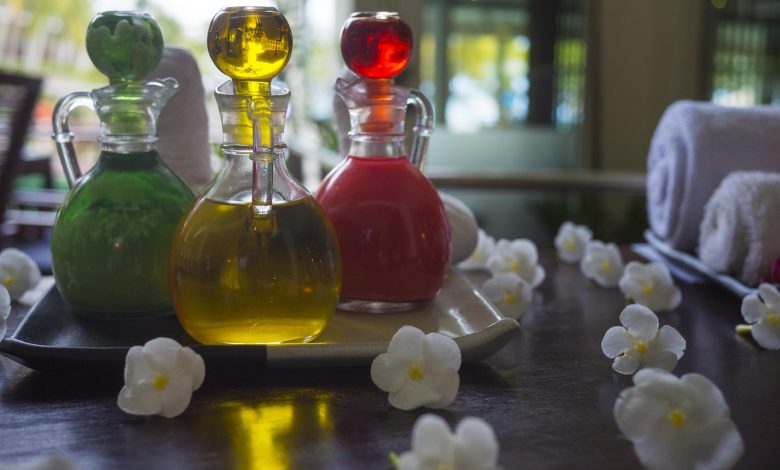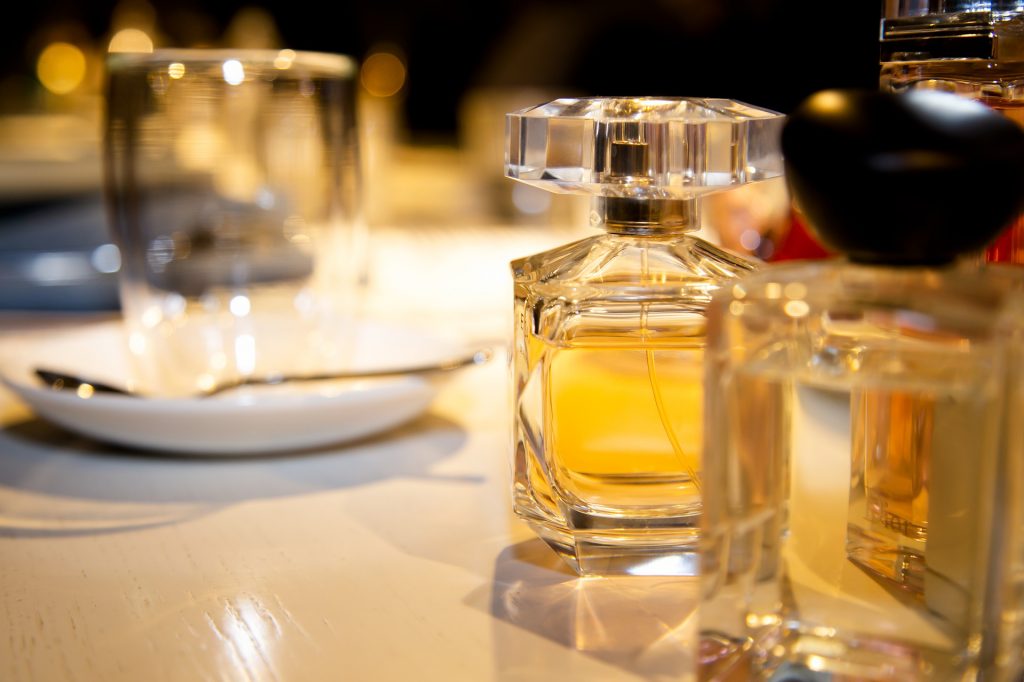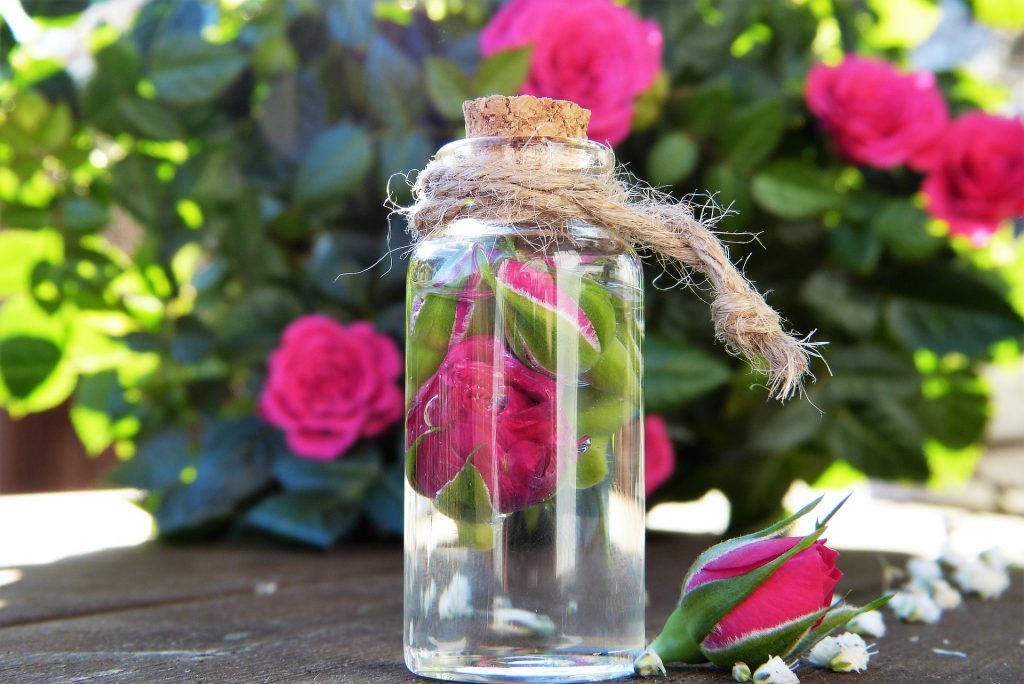THE OTTOMAN SYMBOL OF HOSPITALITY AND HEALTH NOW HAS ANOTHER FEATURE

Cologne has been considered a welcome gift since the Ottoman Empire. Today, it also has a new function – it is effective in protecting against the corona virus.
While commercial hand sanitizers are sold in America and Europe, people in Turkey are turning to the traditional, aromatic scent, which has taken on a whole new dimension amid the corona virus pandemic.
Although the Turkish colony means cologne, it has been a symbol of Turkish hospitality and health since the Ottoman Empire, and is often described as the national scent of Turkey. Traditionally, this aroma of sweet smell, prepared from fig, jasmine, rose or citrus flowers, is given to people upon entering a home, hotel and hospital, but also after a meal in a restaurant or during a gathering during religious services.
But unlike other natural fragrances, the high alcohol content in that ethanol-based mixture can kill more than 80% of germs and act as an effective hand sanitizer.

Cologne is effective in protecting against the corona virus, because due to the 60% alcohol it contains, it manages to break the hard membrane of the virus. It is additionally effective as it is something that many people already have and is part of their daily routine. There is no need to learn anything new to protect themselves from the corona virus. In order to meet the growing needs for the colony, the Turkish government stopped requiring ethanol in gasoline on March 13, in order to increase the production of the colony and other household disinfectants, especially to fight the coronavirus.
This preparation is prepared by cleaning ethanol from fermented barley, grapes, molasses or potatoes and mixing it with distilled water. Then a natural scent such as magnolia, lemon or rosemary is added, and everything is left to stand for three weeks, after which it is bottled.
Long before the colony, rose water was used. People throughout the Arabian Peninsula have been using it since the 9th century, for various purposes. It was especially used by the Ottomans, Egyptians and Persians at that time for cleaning and when welcoming guests.

There is no big difference in the composition of the classic cologne and the Turkish colony. Both have approximately the same level of ethanol and essential oil, and often contain citrus oils. But what makes the colony so unique is the way it is used, both culturally and practically.
At the beginning of the 20th century, its popularity grew, first of all thanks to young chemists. One of the first pharmacies in the country was opened in 1895 by the French chemist Jean Cesar Rebul, and together with his apprentice, Kemal Muderisoglu, they created what is today “Atelier Rebul”, the most famous Turkish distillery that produces colonies. Today, that company still sells their invention – Rebul Lavender, which is made from lavender grown in Rebul’s garden. And Kerim estimates that sales have increased eight times since the beginning of the pandemic.
At the beginning of the last century, Suleiman Ferrit Bey lived in the city of Izmir, the youngest chemist of that time, who traveled to France to get acquainted with the techniques of making perfumes. Upon his return, he created a famous colony called the Golden Drop, which over time became a symbol of Izmir.
Not only was the colony considered a welcome gift, but it was also used for the health of those present. In addition, it is believed to have other positive effects. Rubbing the colon on the temples is thought to relieve the headache.



